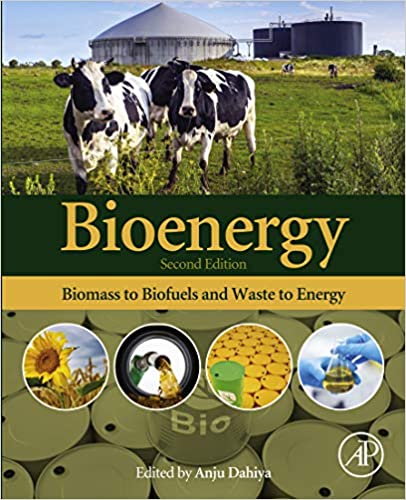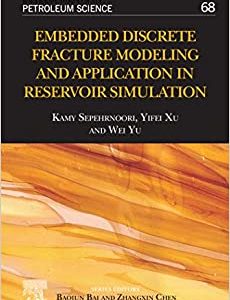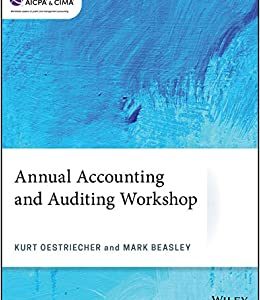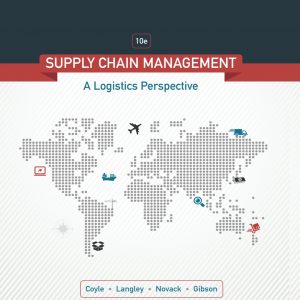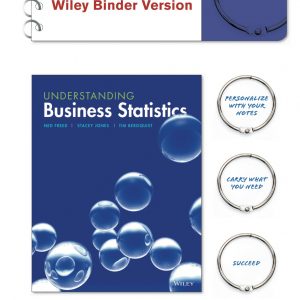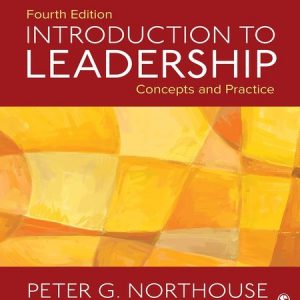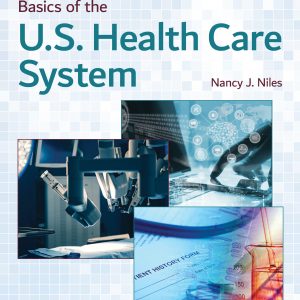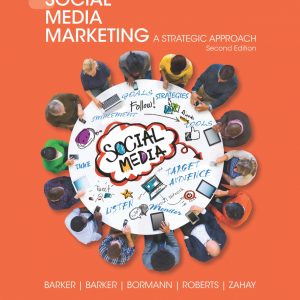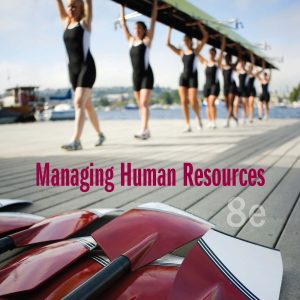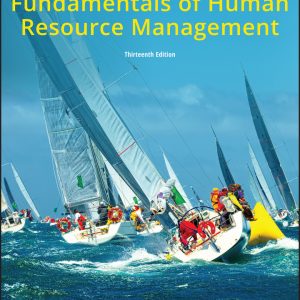Bioenergy: Biomass to Biofuels and Waste to Energy, 2nd Edition presents a complete overview of the bioenergy value chain, from feedstock to end products. It examines current and emerging feedstocks and advanced processes and technologies enabling the development of all possible alternative energy sources. Divided into seven parts, bioenergy gives thorough consideration to topics such as feedstocks, biomass production and utilization, life-cycle analysis, energy return on invested, integrated sustainability assessments, conversions technologies, biofuels economics, business, and policy. In addition, contributions from leading industry professionals and academics, augmented by related service-learning case studies and quizzes, provide readers with a comprehensive resource that connect theory to real-world implementation.
Bioenergy: Biomass to Biofuels and Waste to Energy, 2nd Edition provides engineers, researchers, undergraduate and graduate students, and business professionals in the bioenergy field with valuable, practical information that can be applied to implementing renewable energy projects, choosing among competing feedstocks, technologies, and products. It also serves as a basic resource for civic leaders, economic development professionals, farmers, investors, fleet managers, and reporters interested in an organized introduction to the language, feedstocks, technologies, and products in the biobased renewable energy world.
• Includes current and renewed subject matter, project case studies from real world, and topic-specific sections on the impacts of biomass use for energy production from all sorts of biomass feedstocks including organic waste of all kinds.
• Provides a comprehensive overview and in-depth technical information of all possible bioenergy resources: solid (wood energy, grass energy, waste, and other biomass), liquid (biodiesel, algae biofuel, ethanol, waste to oils, etc.), and gaseous/electric (biogas, syngas, biopower, RNG), and cutting-edge topics such as advanced fuels.
• Integrates current state of art coverage on feedstocks, cost-effective conversion processes, biofuels economic analysis, environmental policy, and triple bottom line.
• Features quizzes for each section derived from the implementation of actual hands-on biofuel projects as part of service learning.

